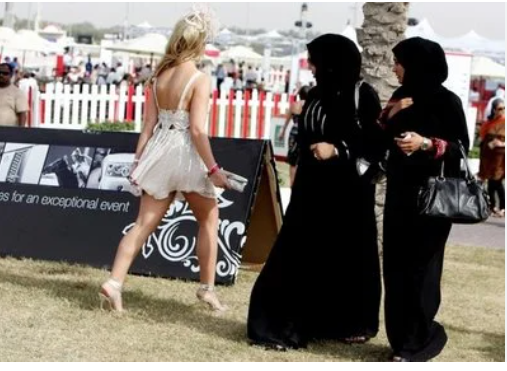Kılıçdaroğlu’s task during the runoff to be held on 28 May is going to be a tough one. It is difficult to see from where he could attract additional votes to defeat Erdoğan, while retaining his diverse electoral base. There are the votes of the third presidential candidate, the Turkish nationalist Sinan Oğan, who is touted as a potential kingmaker. In recent days, Kılıçdaroğlu has stepped up his national rhetoric and pledged to return refugees back to their countries. Meanwhile, Oğan’s supporters are recognized for their dislike of both Erdoğan and Kılıçdaroğlu. Whether they would lend their support to whoever Oğan ultimately advises them to support in the runoff is not evident. Many are protest voters who may simply not vote in the second round. In any event, current indications are that Oğan, as a vocal Turkish nationalist, considers Kılıçdaroğlu’s close ties with the Kurdish political party a “red line.” It will be challenging for Kılıçdaroğlu to receive Oğan’s endorsement without alienating the Kurdish voters who cast their ballots for him in overwhelming numbers.
Kilicdaroglu’s defeat this Sunday would be a reminder of how an authoritarian populist who controls the media, has access to state resources, and enjoys the financial solidarity of other autocrats such as Russian President Vladimir Putin can win in a country trapped in what Turkish political scientist Ersin Kalaycıoğlu in 2011 called a “kulturkampf,” or culture clash. EU officials highlighted the high level of participation in the elections as a “clear sign of strength of the Turkish democracy.” Erdoğan seized on that to call the elections a ”great feast of democracy” and undoubtedly sees them as a massive source of legitimacy.
However, the real lesson to be learned from this recent electoral success is to recognize that, in an era of authoritarian consolidation around the world, it is exceedingly difficult to defeat populist autocrats who capture the key checks-and-balances of the democratic system. It is not evident that the opposition’s agenda for a pluralist democracy at ease with Turkey’s ethnic, social, and religious diversity was adopted wholeheartedly by the voters. Yet, the election results also suggest that Turkey is a deeply divided society holding or adhering to two different conceptions of democracy, and that Erdoğan no longer enjoys the support of an electoral majority.
Should Erdoğan prevail in the runoff, as appears likely, it will be interesting to see how he will address the wreckage his last term has left behind — economic, institutional, infrastructural (especially in the earthquake-hit region), and in foreign policy. Time will tell whether he will be able to stabilize the Turkish economy and restore relations with the West, if he is even interested in doing so. There are already alarming signs that the economic crisis will worsen after the election. Daron Acemoğlu, an economics professor at the Massachusetts Institute of Technology (MIT), notes that it is not evident that Erdoğan will be able to address such a crisis, having to choose between two politically difficult options: returning to orthodox policies or imposing capital controls.
Either way, Erdoğan will soon need to prepare for the March 2024 local elections, when the country’s largest municipalities, currently controlled by the opposition, will be up for grabs. This electoral defeat in the presidential and parliamentary elections will weaken the opposition parties, but not knock them out entirely. The CHP still controls some of the major metropolitan governments, such as İstanbul, Ankara, and İzmir, and has popular leaders with national appeal such as İstanbul Mayor Ekrem İmamoğlu and Ankara Mayor Mansur Yavaş.
Turkish democracy appears set to experience another round of heavy bruising on May 28. After that, the next opportunity to stop Erdoğan’s authoritarian juggernaut will be the local elections in 2024, especially if he fails to salvage the economy and if he allows those elections to take place at all rather than ending what is left of Turkey’s electoral institutions.
Excerpt from “Erdoğan Appears Poised to Win Runoff: Why, and What’s Next for Turkey?” by Kemal Kirisci and Berk Esen
Follow our English language YouTube videos @ REAL TURKEY: https://www.youtube.com/channel/UCKpFJB4GFiNkhmpVZQ_d9Rg
And content at Twitter: @AtillaEng
Facebook: Real Turkey Channel: https://www.facebook.com/realturkeychannel/
